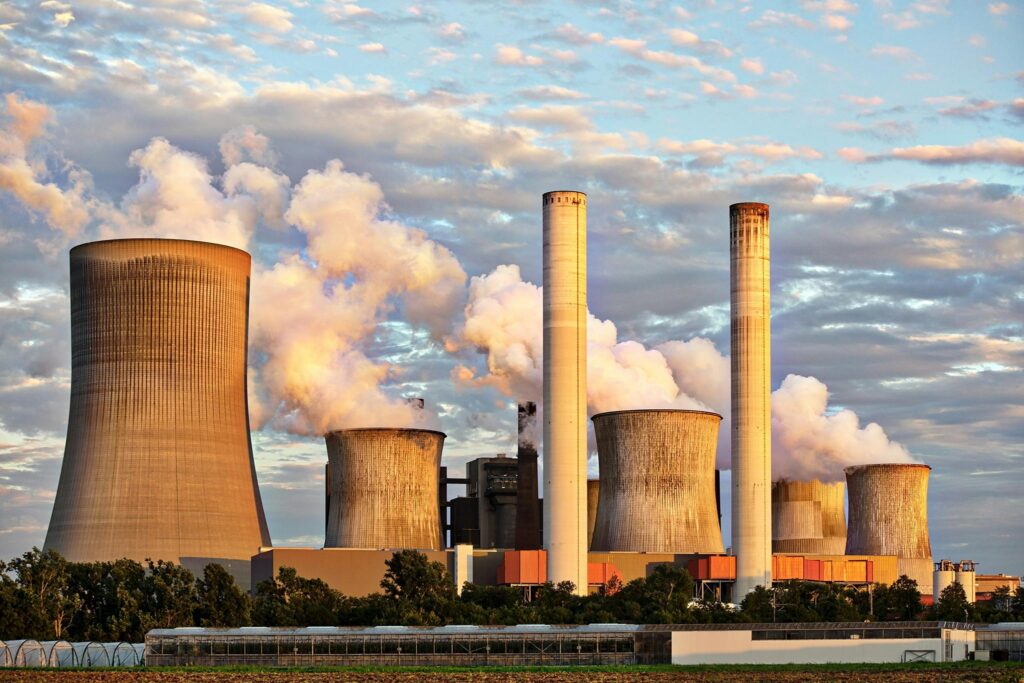- Politics
- Russia-Iran nuclear cooperation
- By Manohar Patil
The Geopolitical Chessboard: Why Russia Supports Iran's Nuclear Program
The intricate dance of international relations often sees unlikely partners aligning due to shared strategic interests. In the complex landscape of the Middle East, Russia’s evolving support for Iran’s nuclear program is a prime example of such an alignment, driven by a confluence of geopolitical ambitions, economic incentives, and a desire to counter Western influence. While Russia consistently asserts its support for Iran’s peaceful nuclear energy development, its actions and rhetoric often fuel Western suspicions of a deeper agenda, making Russia-Iran nuclear cooperation a critical topic of global concern.
A History of Nuclear Ties and Shared Interests
Russia’s involvement in Iran’s nuclear program is not new. Since the 1990s, Russia has been a key partner in Iran’s civilian nuclear energy aspirations, most notably through the construction and operation of the Bushehr Nuclear Power Plant. This cooperation has been framed by both sides as a legitimate exercise of Iran’s right to peaceful nuclear technology under the Non-Proliferation Treaty (NPT). For Russia, the Bushehr project provided a valuable source of revenue and helped stabilize its own nuclear industry after the collapse of the Soviet Union.
However, the geopolitical context has shifted dramatically. With Russia’s increasing isolation from the West due to the war in Ukraine, and Iran facing stringent international sanctions, both nations have found common ground in their defiance of Western pressure. This shared animosity towards the United States and its allies has deepened their strategic partnership, including in the nuclear realm. Iran, seeking advanced technology and diplomatic backing, increasingly relies on Russia. In turn, Russia views Iran as a crucial partner in its pivot towards Asia and the Middle East, a region where it seeks to expand its influence and challenge the unipolar world order.
Strategic Leverage and Countering Western Hegemony
One of Russia’s primary motivations for supporting Iran’s nuclear program, even if ostensibly peaceful, is the strategic leverage it provides. By being a key player in Iran’s nuclear development, Russia gains a degree of influence over Tehran’s policies and, crucially, over any future international negotiations concerning Iran’s nuclear ambitions. This positions Russia as an indispensable actor on a significant global issue, enhancing its diplomatic standing and bargaining power against Western nations.
Furthermore, a nuclear Iran, even if it remains non-nuclear-weapon state under the NPT, complicates Western strategic calculations in the Middle East. It creates a deterrent to potential military interventions and shifts the regional power balance in a way that is favorable to Russia’s broader geopolitical objectives of undermining Western hegemony. Russia can use its relationship with Iran to “cool down some hotheads” and prevent drastic steps, as Russian officials have indicated, demonstrating its role as a power broker.
Economic Benefits and Arms Trade
Beyond strategic leverage, there are tangible economic benefits for Russia. The nuclear cooperation involves lucrative contracts for Russian state-owned nuclear energy corporations like Rosatom. These contracts not only provide revenue but also strengthen Russia’s global grip over civilian nuclear energy, a powerful geopolitical tool.
While Russia maintains that its support is strictly for peaceful nuclear energy, the complex interplay of geopolitical interests, economic gains, and a shared desire to counter Western influence makes its backing of Iran’s nuclear program a multi-layered issue with significant implications for global security.
Share this Article
WhatsApp
LinkedIn
Telegram
Email
Get Daily Updates to Your Inbox
Subscribe to News Letter
Advertisement


